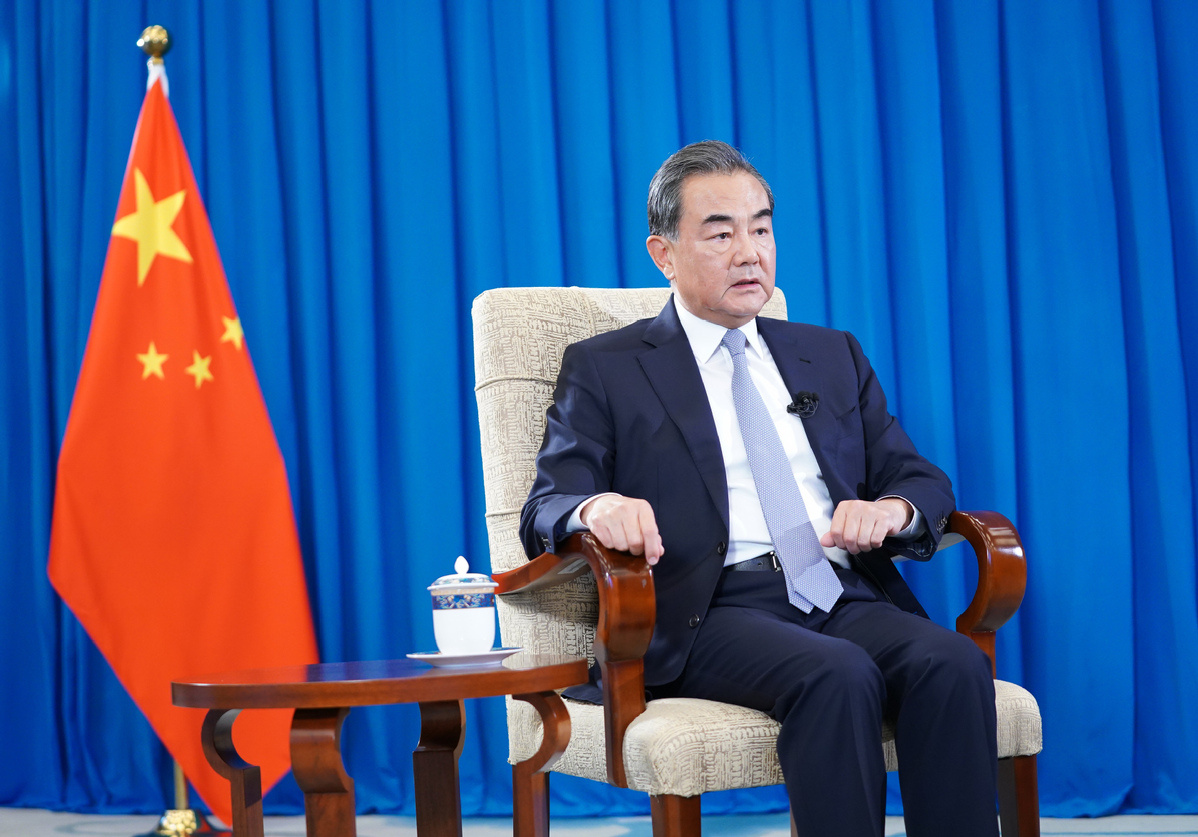
State Councilor and Foreign Minister Wang Yi. (Photo: Xinhua)
Chinese State Councilor and Foreign Minister Wang Yi undoubtedly has a busy agenda to get through during his back-to-back visits to Japan and the Republic of Korea from Tuesday to Friday.
Many are speculating Wang will take advantage of the visits to pave the way for not only the overdue free trade deal among the three countries but also China's participation in the Comprehensive and Progressive Agreement for Trans-Pacific Partnership.
However, they should not forget that to make those happen, Wang will first have to make sure Tokyo is on the same wavelength with Beijing now that Yoshihide Suga has replaced Shinzo Abe as prime minister.
It is fair to say that thanks to the efforts of both sides, Beijing and Tokyo were building a degree of mutual trust before the outbreak of the novel coronavirus. Unfortunately, the pandemic has delayed President Xi Jinping's visit to Japan at the invitation of Abe, which was planned for the cherry blossom season in spring. It was anticipated that this would have consolidated the improvement in bilateral ties.
Now, with the US intensifying its divisive endeavors in Asia, particularly since Suga entered office in September, Tokyo needs to reassure China that it still wants to improve relations.
Wang is also tasked with helping mediate the spat between Japan and the ROK. It is a role the Chinese diplomat is well suited to play as the two countries share a cultural and historical background with China, and China has broader and deeper connections with the two than the US.
Japan and the ROK have pressing needs to control the virus and revive their economies, should Wang be able to set stones that allow Seoul and Tokyo to dismount from their high horses with dignity intact so as to help them put an end to their monthslong quarrel at an early date.
That being said, how successful Wang is in following through on his agenda depends on the extent to which the two host countries can ignore any interference from the US and focus on their closely interwoven common interests with China.
As neighbors that know each other well, it is hoped that Wang's discussions will be straight to the point and help the region weather the immediate storm. But the meeting can also set a positive tone for ties among the three countries over the next few years, laying the foundation for East Asia's stability and common development in the post-pandemic era.


